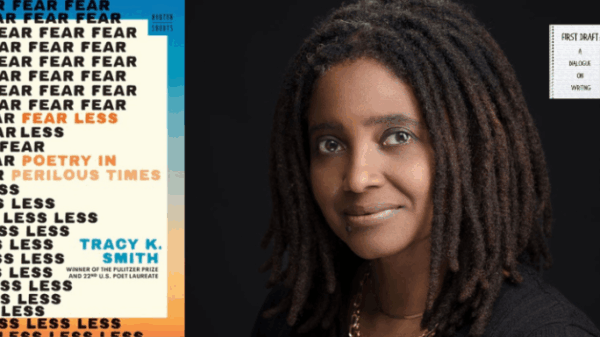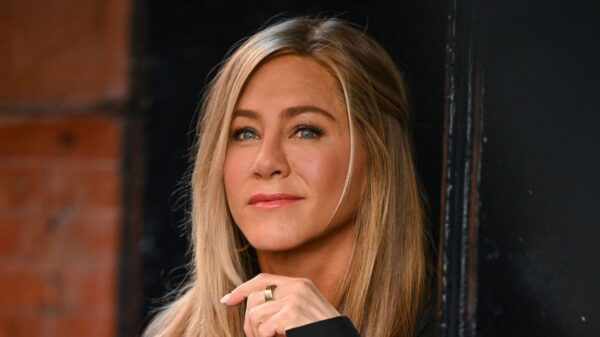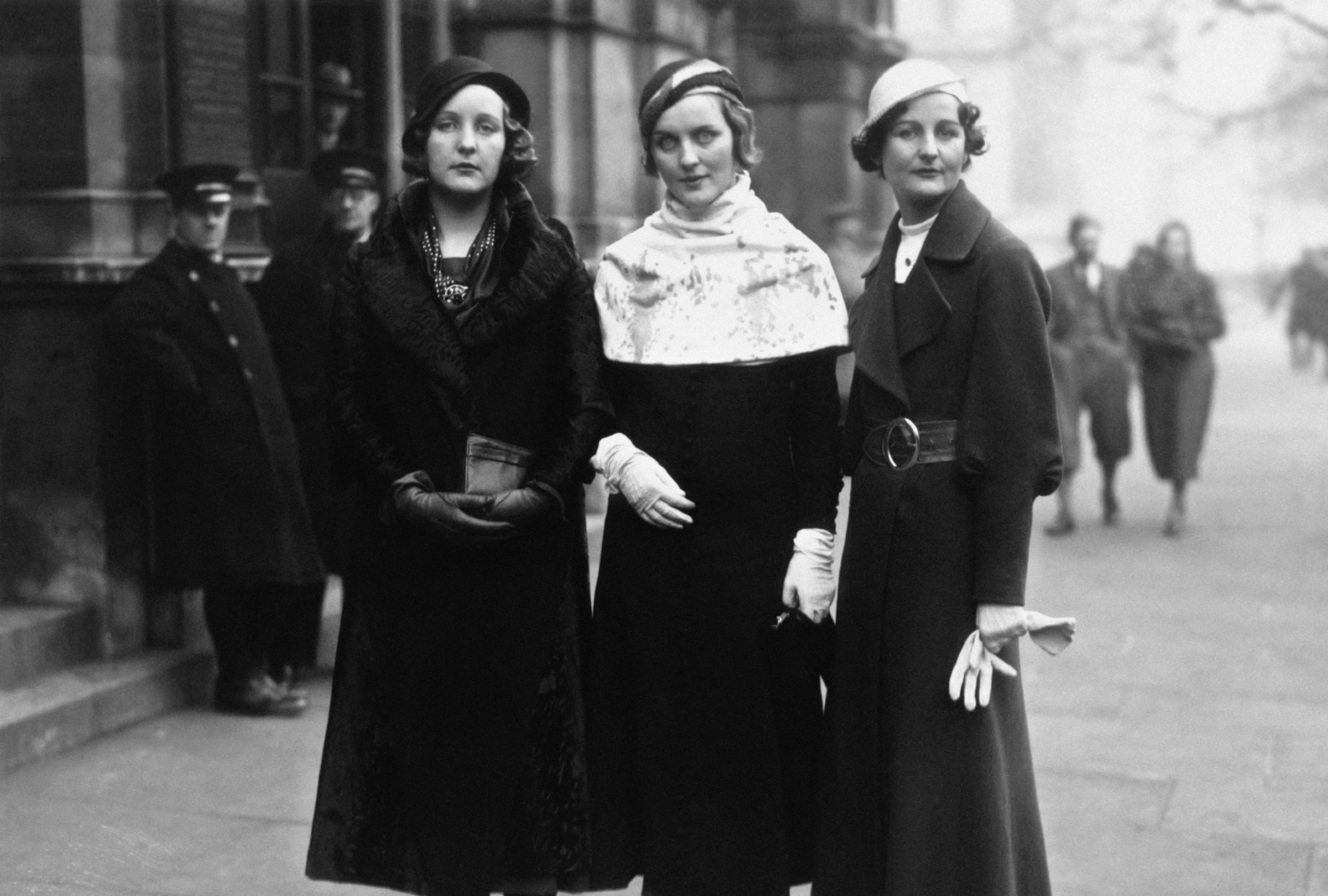The new series “Outrageous,” recently released on BritBox, has sparked significant controversy for its portrayal of the Mitford sisters, particularly focusing on their connections to fascism during the 1930s. While the series aims to highlight the glamorous lives of these historical figures, critics argue that it dangerously romanticizes their affiliations with far-right ideologies.
The Mitford sisters, renowned for their aristocratic lineage and cultural impact in early 20th-century Britain, have long captured public fascination. Eldest sister Nancy Mitford, a celebrated author, and her siblings, particularly Diana and Unity, became notorious for their ties to fascist leader Oswald Mosley. The series chronicles their lives filled with privilege, humor, and a troubling embrace of extremist politics.
In the six-episode adaptation, “Outrageous” depicts the sisters engaging in a world of elegance and societal intrigue. Nancy serves as the narrative’s voice, while Diana becomes the focal point of the story as she leaves her husband for Mosley and becomes embroiled in his fascist circle. Meanwhile, Unity Mitford, portrayed as the family’s eccentric member, harbors an obsession with Adolf Hitler, even going so far as to move to Munich to be closer to him.
Critics have pointed out that the series’ light-hearted tone and focus on the sisters’ glamorous escapades downplay the severity of their political affiliations. The show features lavish costumes and picturesque countryside settings, seemingly glossing over the darker implications of their beliefs. Such portrayals risk trivializing the real consequences of fascism and authoritarianism, particularly in the current political climate.
The controversy surrounding “Outrageous” raises questions about the appropriateness of glamorizing historical figures associated with hate and division. As the series unfolds, it presents the sisters’ fascist sympathies as quirks of an eccentric family rather than acknowledging the grave implications of their actions. Critics argue that in a world where authoritarianism is resurging, the romanticization of figures like Diana and Unity is not only irresponsible but potentially harmful.
The Mitford sisters have been the subject of numerous books and adaptations, including Mary S. Lovell’s “The Sisters: The Saga of the Mitford Family” and Jessica Fellowes’ Mitford Murders series. Each iteration has contributed to the mythology surrounding these women, but “Outrageous” stands out for its attempt to blend historical fact with entertainment, raising ethical concerns about representation.
The cultural impact of the Mitford sisters continues to resonate, evidenced by the interest in their lives, but the timing of this series has prompted many to question whether it is appropriate to present such narratives now. In an era where discussions about extremism and political polarization are prevalent, the depiction of the Mitfords risks normalizing their affiliations rather than critically examining them.
As “Outrageous” unfolds, it is essential to consider the broader implications of how history is presented in media. The allure of the Mitford sisters may captivate modern audiences, but their troubling connections to fascism should not be overlooked or romanticized. The challenge lies in finding a balance between storytelling and responsible representation in an increasingly complex world.








































































